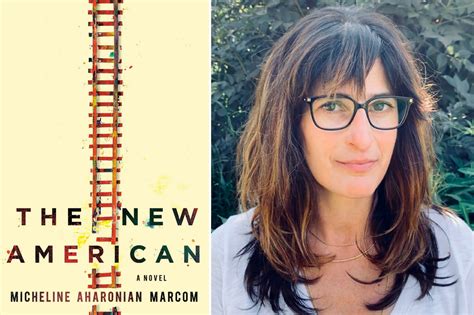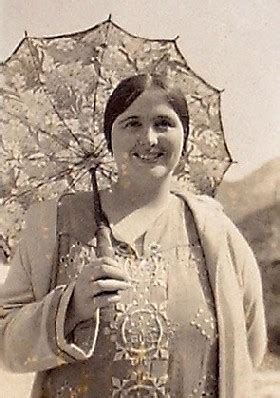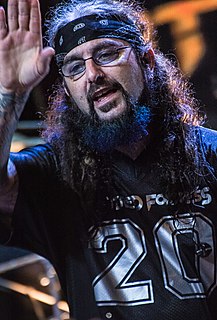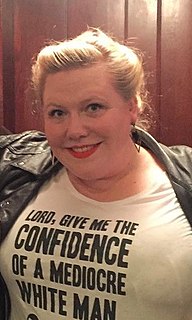A Quote by Deb Caletti
My dream was, and always had been, to write a book. To be a writer.
Related Quotes
Think of a book special to you, and how much bleaker and poorer your life would be if that one writer had not existed - if that one writer had not, a hundred times or a thousand, made the choice to write. You're going to be that one writer one day for somebody you may never meet. Nobody can write that book you're going to write - that book that will light up and change up a life - but you.
When I was 40, I wrote my first book, The Pilgrimage, and I said to myself, "why did it take so long for me to write this book?" Because my dream, since I was 10 years old, was to be a writer. I said, I have to revisit my life using a metaphor, and the metaphor was basically this boy that has a dream and has to go far away to realize that his dream is close to him.
When I write a book I write the best that I can and so much of that for me is following the book's demands, the subject's requirements - I love books, I always have. They have always been one of the places where I have felt very happy in the world. When I was younger, I loved to read genre fiction - I loved the magic-carpet ride of story! Now I need other things - I need the beautiful particular and strange language and form which brings a writer's book to life in me and speaks to my intellect, and, dare I say it, to my soul.
There is and always has been for me a peculiar need to write. This is very different from wanting to be a writer. To be a writer always seemed something so far removed from my talents and abilities and imaginings that it didn't afflict me at all as a notion when I was young. But I was always conscious that I wanted to write.
Luckily, I remembered something Malcolm Cowley had taught us at Stanford - perhaps the most important lesson a writing class (not a writer, understand, but a class) can ever learn. 'Be gentle with one another's efforts,' he often admonished us. 'Be kind and considerate with your criticism. Always remember that it's just as hard to write a bad book as it is to write a good book.'
I've been asked to write a book several times; I've had several publishers come to me and offer me book deals. Especially right after I left Dream Theater and Avenged Sevenfold, there was a lot of drama going on in my life, so the book companies came at me thirsty for blood and gossip. And I turned down all the deals.
I've been doing short-form writing for a decade, and six years ago I signed with an agent, and we've been working on figuring out what my book would be. I was always so embarrassed that it took me so long to figure it out, but I think, in retrospect, I just wasn't ready to write a book six years ago. I wasn't confident enough as a writer and I wasn't coherent enough in my worldview. It just took this long for me to be a mature enough writer and be ready to do it.





































